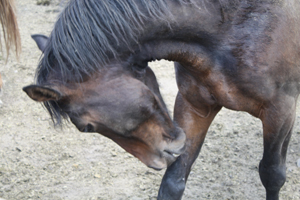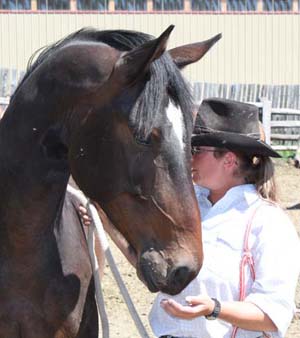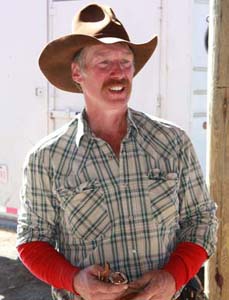THE HORSE NATION OF AMERICA
By CHANTAL COOKE.
Horses were once extinct in America.
And we have Christopher Columbus to thank for their reintroduction.
Although the horse evolved, around 40million years ago, in the area now known as America, it actually disappeared from the region completely as it spread into Europe and Asia.
It wasn’t until 1493 when Columbus arrived with a herd of 25 horses that these elegant animals once more set foot on their homeland.
The Native American Indians had never seen horses and had no idea what to call them. At first they were terrified as it appeared that man and horse was one giant creature, but later they learnt that the horse was man’s servant; just like the dog it did man’s bidding but unlike the dog it also carried his packs. So independently the different tribes named the horse things like “big dog”, “red dog”, “holy dog” or “mystery dog”.
As the horse gradually spread across North America so did the Native American’s love and respect for this creature. By the late 1700s almost every Indian tribe was mounted. Their horsemanship became legendary and their culture became imbued with the spirit of the horse. They believed the horse was equal and had its own tribe – the Horse Nation. The Horse Nation became an ally of the Indian, fighting side by side against the invasion of the whites.
The horse was a valuable commodity and as such it was an expensive purchase. A particularly good horse was worth 10 guns or several pack animals. Even an ordinary riding horse was worth 8 buffalo robes or 3lb of tobacco or one gun and 100 rounds of ammunition.
But it wasn’t always necessary to buy a horse – you could catch one (if you were skilled enough). As the Spanish brought more horses to the continent, some escaped or got lost and herds of wild horses appeared and spread across the land – and it was these wild horses that supplied many of the mounts for the tribes of Native Americans.
The horse had a huge impact on the culture and lifestyle of the Native American. Before the arrival of the horse hunting for food was a time consuming task that left little opportunity for anything else. But the horse changed that; hunting became quicker and easier. This meant that the people were better fed and had more time on their hands and this gave rise to the creation of beautiful arts and a complex well defined culture – something that is only possible when a community stops living hand to mouth.
It’s strange to think that once, not that long ago, the horse was extinct in the very country that has become almost synonymous with this strong, fleet-footed and graceful creature. Whether it’s the skills of the Native American horse-whisperer or the iconic cowboy of the west – who could imagine an America without the horse?

About the Author:
Chantal Cooke is an award winning journalist and broadcaster with a passion for the planet. In 2002 she co-founded the award winning radio station PASSION for the PLANET and in 2009 Chantal was awarded London Leader in Sustainability status. Chantal also runs a successful communications agency – Panpathic Communications.



